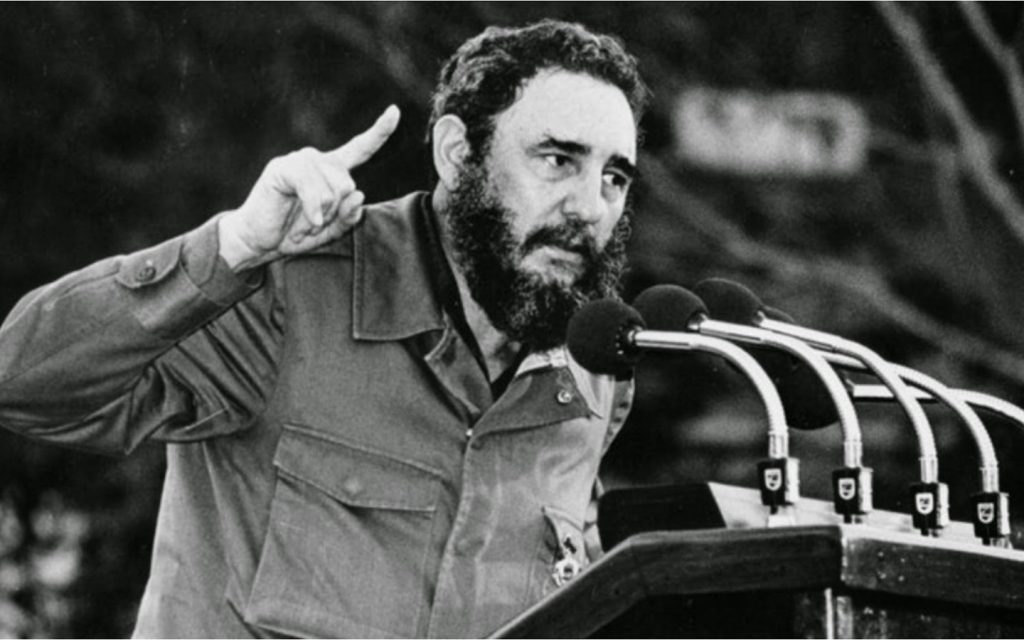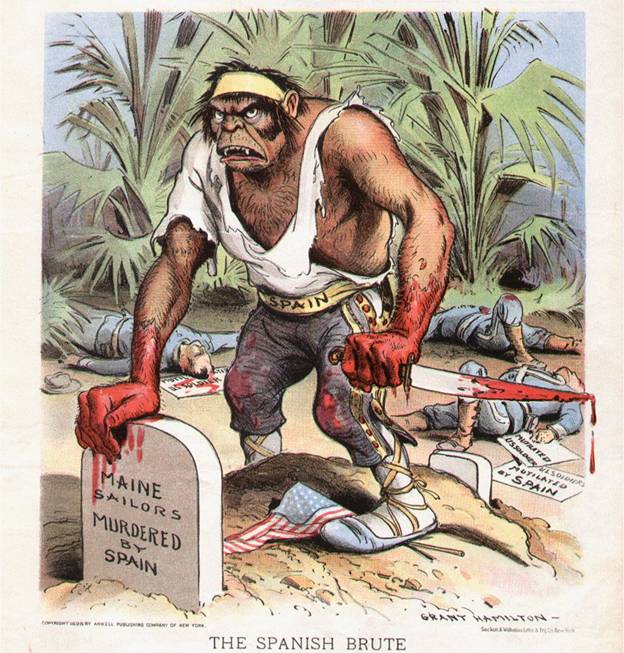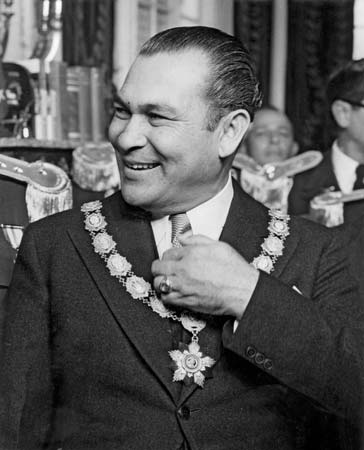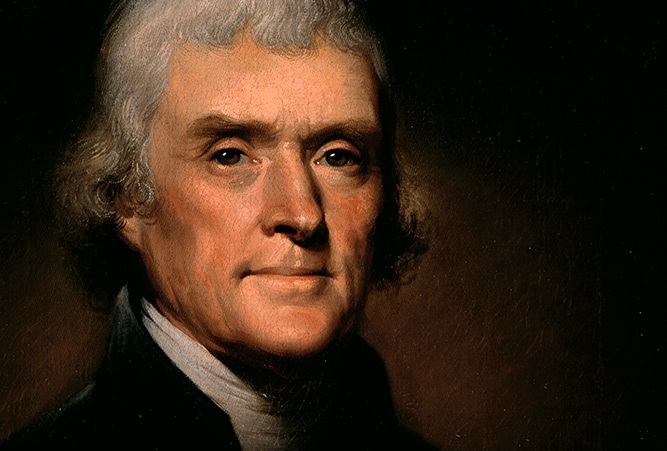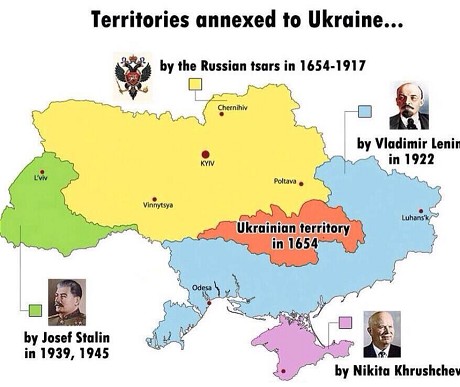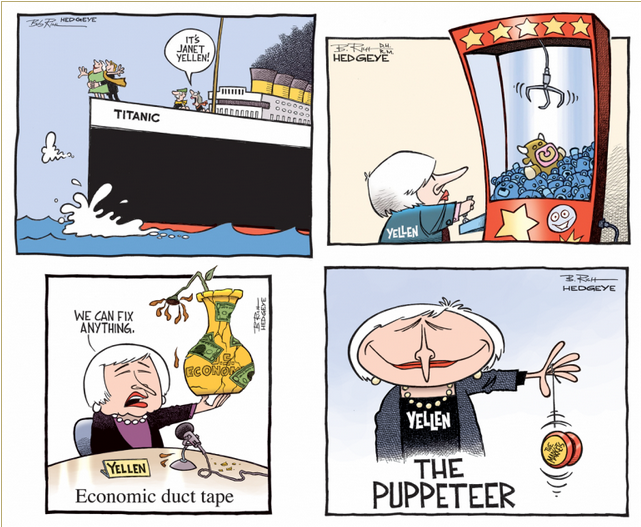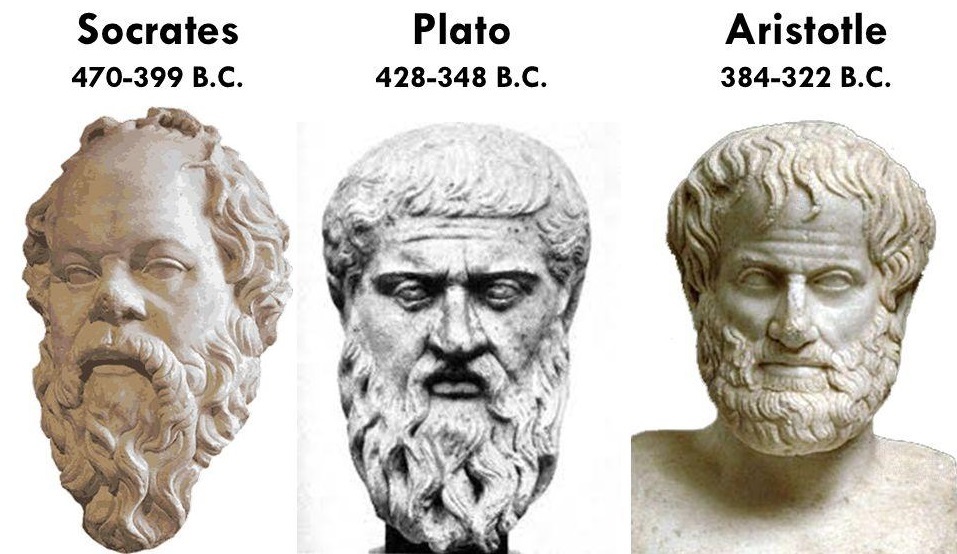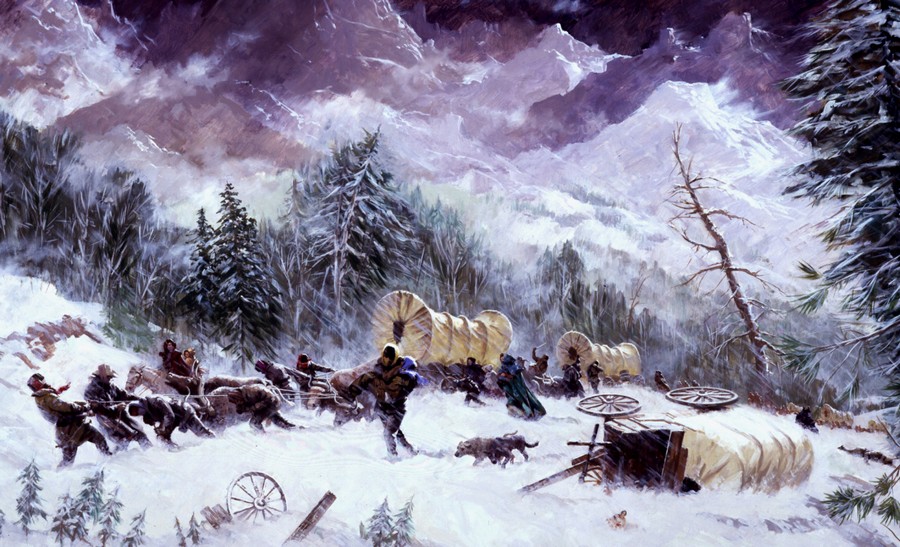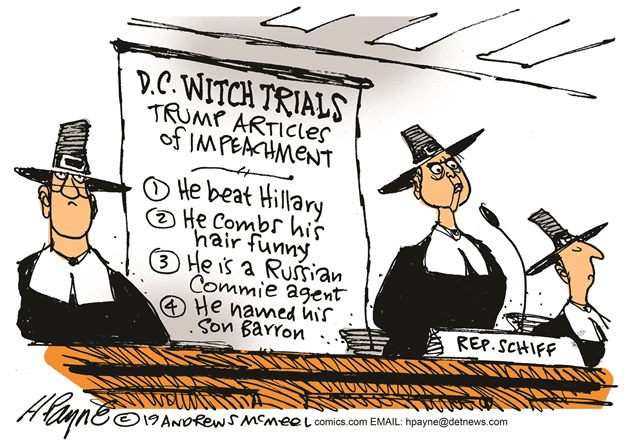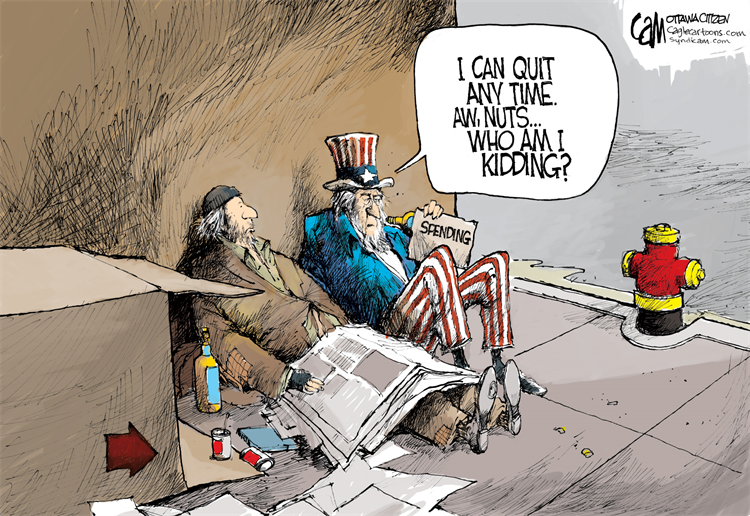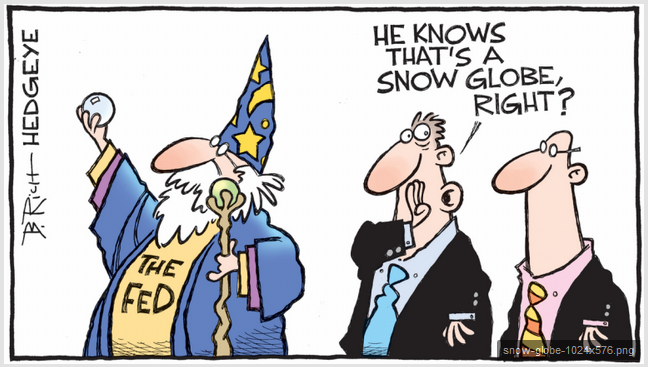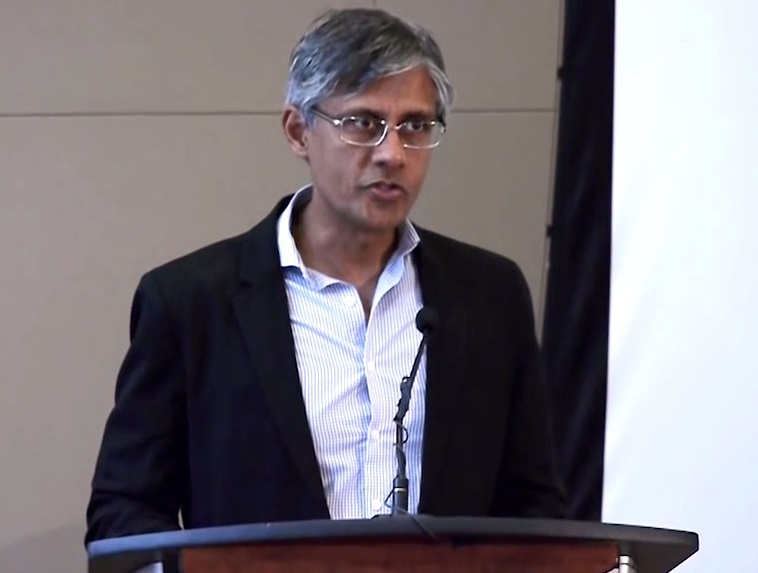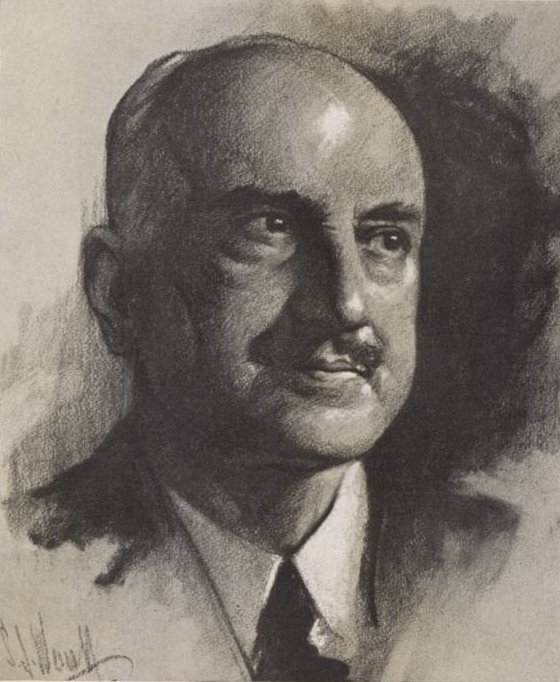A Brutal Communist Dictator Shuffles Off This Mortal CoilThe death of the brutal Cuban Communist dictator Fidel Castro closes the door, in some respect, on another disastrous page in US foreign policy history. For all the denunciations and criticism of Castro from conservative elements and exiled Cubans, his despotic rule was the outcome of decades of American imperialism which began with President William McKinley’s infamous decision to wage war on hapless Spain in 1898. Fidel Castro, the long-time Marxist dictator of Cuba. Not surprisingly, he was another finger-wagger. When he graced the cover of TIME magazine in 1965, he was shown wagging his finger as well, a tradition he kept up until shortly before his demise (similar to many other communist rulers, he loved to give nigh interminable speeches, a special form of torture for those forced to sit through them and applaud at the appropriate moments). Castro replaced the Batista regime, also an oppressive and corrupt regime, but of the military junta type – which the US supported. Communists like Castro came to be widely seen as the vanguard in the fight against imperialism, especially among Western youth in the 1960s. Young people at the time were correct in opposing imperialism, but they were extremely naïve and misguided in their support of Marxism. They failed to realize that they were nothing but useful idiots for people like Castro and his fellow Marxists. Wherever Marxist revolutions succeeded, the result was that one oppressive and murderous regime was replaced with another. |
|
| The defeat of Spain and the confiscation of its possessions, which the US imperialist and corporate forces had longed prized, set the stage for the nation’s hubristic foreign policy course throughout the 20th and 21st centuries. America’s action against Spain showed its ungratefulness for it attacked the country that did more for it than any other (including France) in its struggle for independence. Maybe Castro’s interminable reign, which had always been a thorn in the side of US globalists, was payback for America’s wanton aggression against Spain.
US war propaganda poster published during the Spanish-American war. The sinking of the Maine, which Spain was falsely blamed for, was a typical propaganda lie designed to persuade the public to support a war it probably didn’t want (the common man never benefits from war – on the contrary). The playbook remained the same in later wars, from the Gulf of Tonkin incident hoax to the Kuwaiti incubator babies lie. Governments routinely tell lies, but their lying becomes particularly brazen when they want war. |
|
Stumbling from one Quagmire to the NextCastro’s rise to power came about not only through the bungling of American diplomacy, but also from genuine “populist” support directed against the thoroughly corrupt regime of the US puppet in charge at the time, Fulgencio Batista. Even by Latin American standards, the corruption which existed under Batista was legendary! The US government played an enormous role in Batista’s second presidency which began when he seized power in 1952. Throughout his second tenure, Batista received massive kickbacks from American multinational businesses for grants of monopoly privileges on the island. The most notable was the ITT corporation. Batista used his unjust gains to enrich himself and buy weapons to be used against his opponents. It was claimed that when he fled Cuba he took a personal fortune of $300 million with him. While Batista and his ruling clique were enriching themselves through US assistance, the Cuban population suffered as the gap between rich and poor continued to widen. Like Castro, Batista was ruthless in political repression which even American politicians noticed. In a speech during the 1960 presidential campaign, John Kennedy claimed that Batista had murdered some 20,000 Cubans! Of course, the US empire learned little from the fiasco with Castro and continued on its rampaging, destructive ways – destabilizing, bombing, and squelching populist uprising across the globe. No sooner had the island become a lone communist outpost in the Western Hemisphere and the “Cuban Missile Crisis” was defused, than the nation plunged itself into a far bigger and more costlier quagmire in Vietnam. |
|
A Different PathDonald Trump rightfully condemned Castro’s murderous reign:
The President-elect must, however, understand the reason why Castro came to power and was able to maintain his totalitarian grasp for so long, if America is to begin a new and hopefully peaceful foreign policy path. Trump promised that the US would do all that it can to bring about a “free Cuba:”
The best way he could accomplish this task not only in Cuba but in regard to all other nations, is to heed the words of America’s third president, Thomas Jefferson, on the proper foreign policy path for the nation:
Maybe the demise of Castro and the ascendancy of Donald Trump is not a coincidence, but an opening which points to a new direction in foreign affairs: one that rejects nation building, intervention, and financial terrorism against friend and foe alike. Let us hope so. References:
|
Image captions by PT
Antonius Aquinas is an author, lecturer, a contributor to Acting Man, SGT Report, The Burning Platform, Dollar Collapse, The Daily Coin and Zero Hedge. Contact him at antoniusaquinas[at]gmail[dot]com https://antoniusaquinas.com/.
Full story here Are you the author? Previous post See more for Next post
Tags: newslettersent,On Politics









